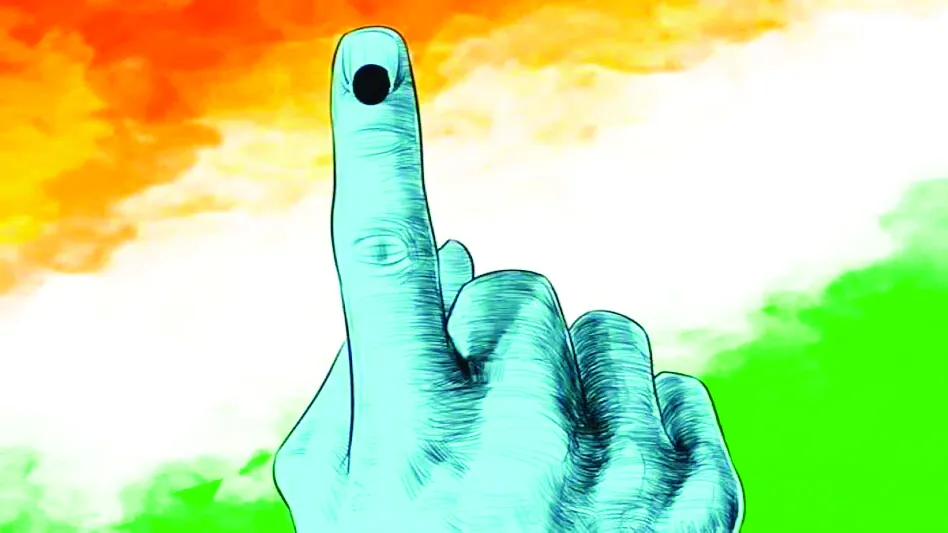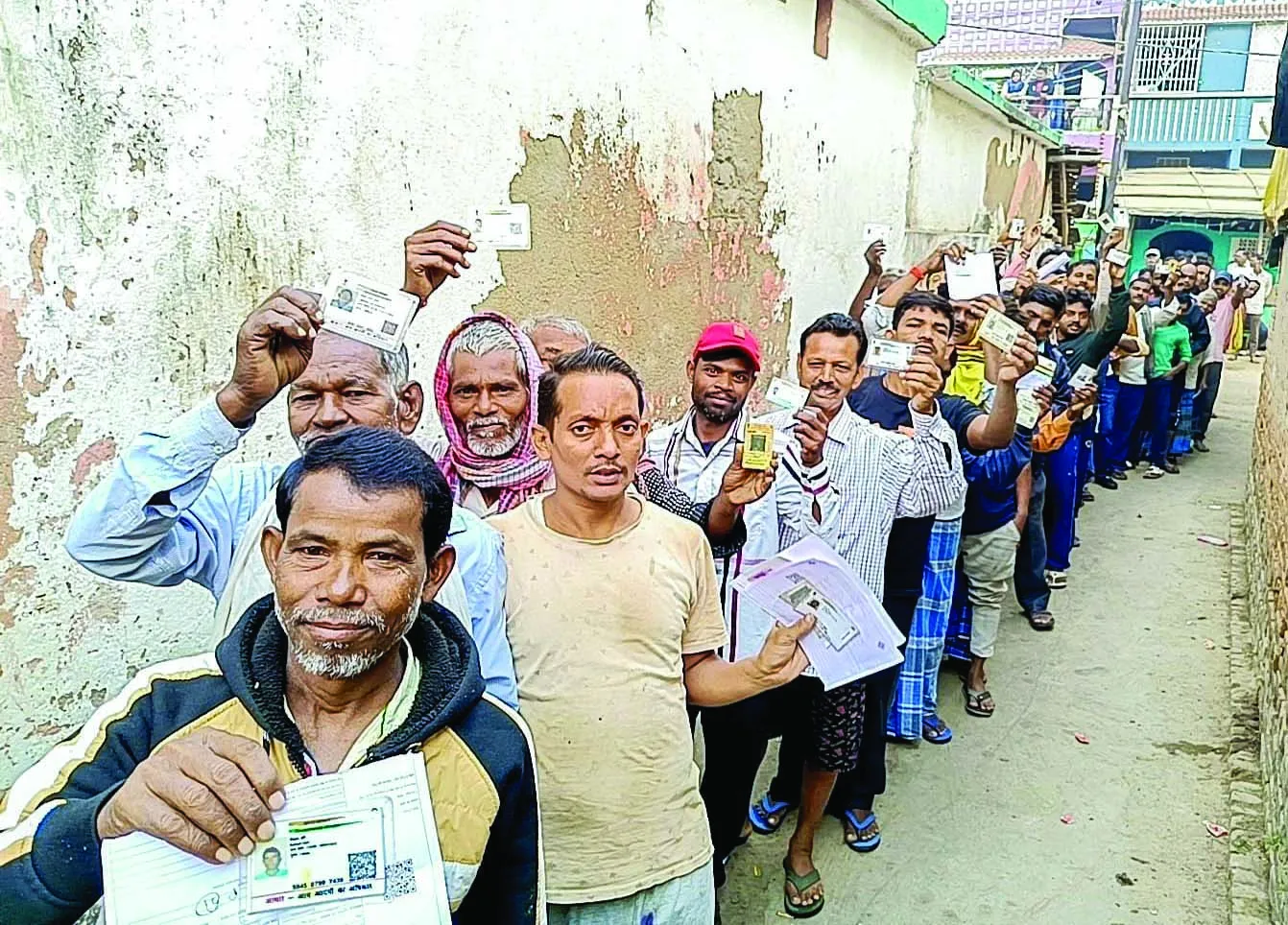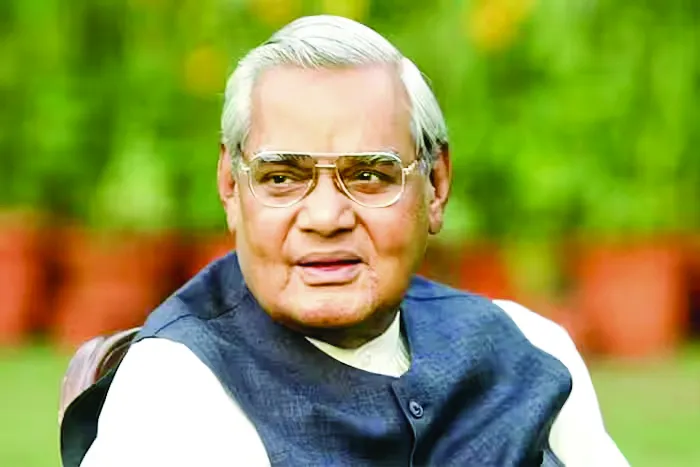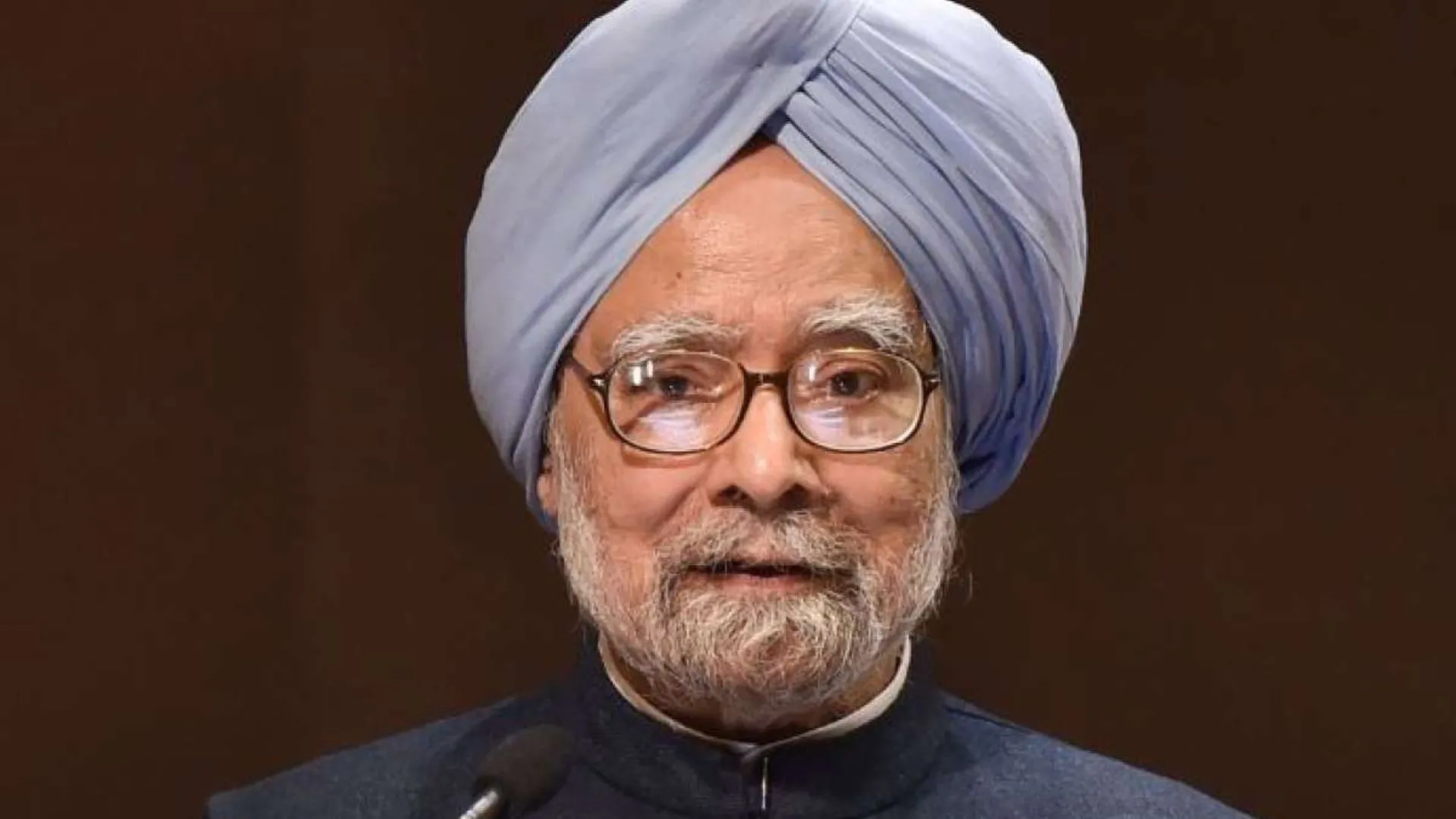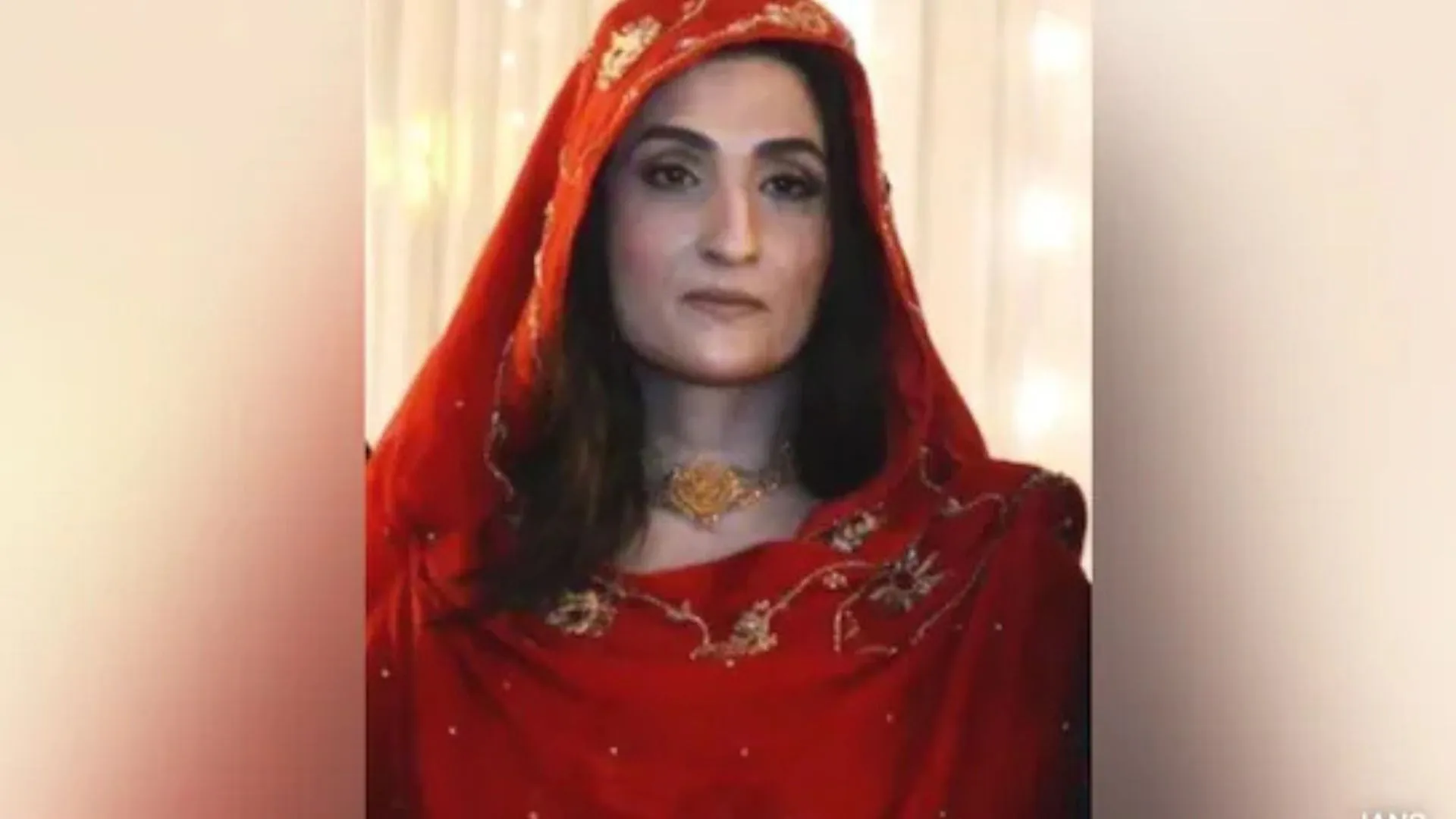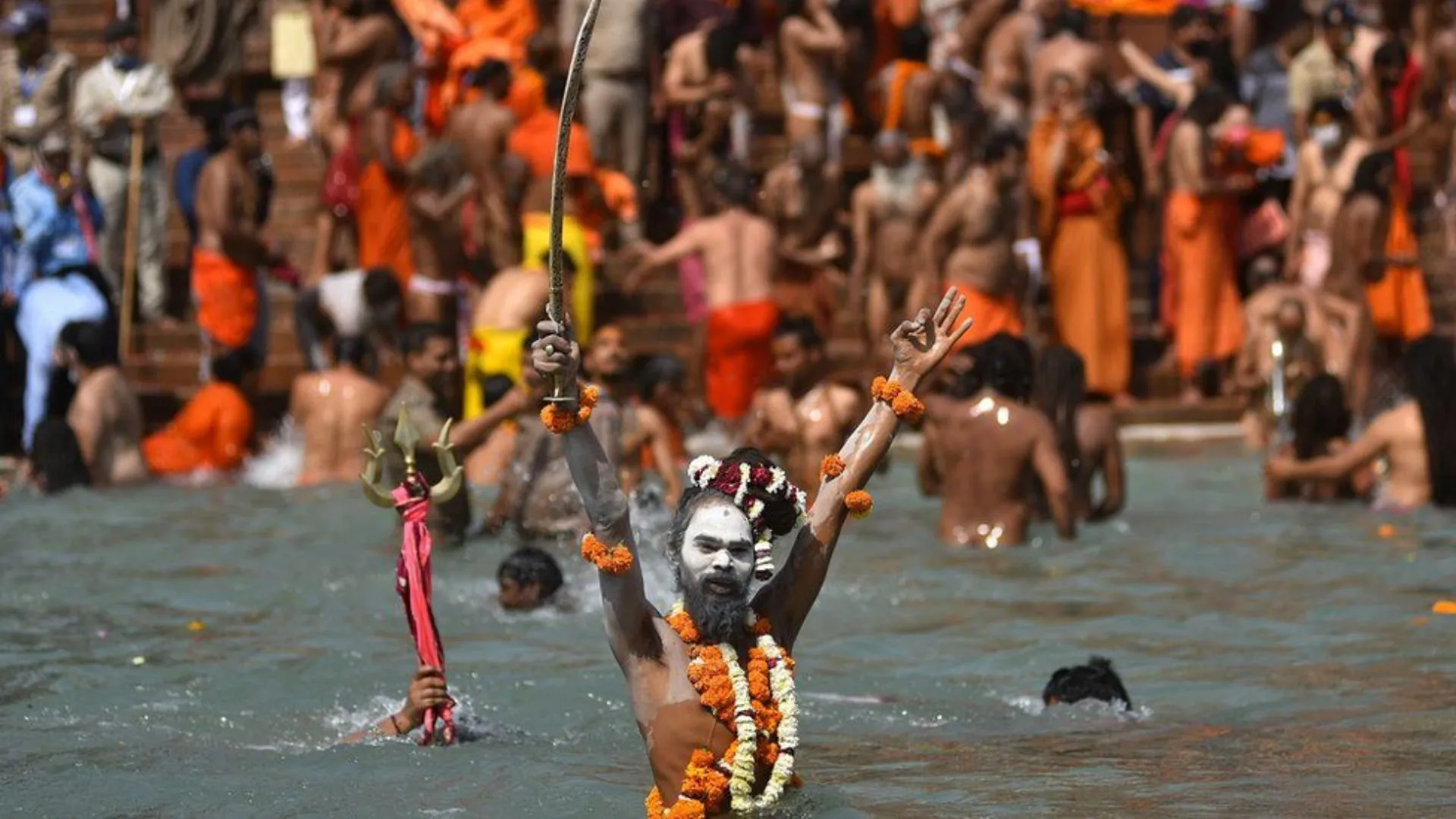The so-called ‘Dharam Sansad’ in Haridwar from 17-19 December and the statement of Asaduddin Owaisi to polarise Muslims highlight the underlying tension that exists in India’s social and political life today. Around the same time on 15 December, RSS chief Mohan Bhagwat exhorted Hindus to work for ghar wapasi of those who had left Hinduism for other faiths. As India enters into 2022 with elections in major states, particularly Uttar Pradesh, the nation’s communal divide is likely to become a topic of intense debate.
While the ‘Dharam Sansad’ reflected fear and desperation in some sections of Hindus, the RSS chief’s statement was an attempt to provide a solution. The thought process of the RSS was clear when Mohan Bhagwat spoke about the DNA theory which is that the DNA of both Hindus and Muslims in India is the same since they come from the same racial stock. Also similar are their cultural moorings which essentially means that they are primarily Hindus with a different path of worship and associated rituals.
As radicalisation is being witnessed in followers of Islam, something must be done before their umbilical connection with Hindus is broken. India has never bothered about someone’s religious belief system if they existed side by side and without threatening to devour the dominant culture and practices. But how should the country react if the dominant Hindu population (comprising about 80 percent of the population) feel their existence is under threat.
This threat is not empty or work of imagination as pseudo-secularists would like to believe. Despite persecution and the worst form of barbarism, Muslim rulers in India could not convert the country into the land of Islam. They were fairly successful in other parts of the world where the indigenous cultural system was replaced by a new Islamic order.
If Islamic rulers tried to convert India by the sword, Christian Missionaries’ conversion mission was laced with sugar-coated ideology to educate and transform India. But introducing English education in which British heroes were depicted as role models was nothing sort of cultural invasion.
Conversions into Islam mostly happened as an outcome of threats or allurements. The choice was between death and conversion. Some also converted to become a part of the ruling community under the Mughals. And conversion to Christianity happened due to allurements or guiles. Also, English education by Missionary schools was seen as a ticket to becoming a part of the ruling elite.
Conversion to Islam has become negligible but the Islamic population is on the increase. This is because of illegal infiltration from Bangladesh through the long porous borders. Also, international linkages of Islam are posing a threat as most countries have witnessed radicalisation of their Muslim population. The United States, the United Kingdom, France, Germany, Australia and many African counties have witnessed this trend. The Tablighi Jamaat that operates across the world tries to make Muslims ‘Pure Muslims’ and prepares the ground for radicalisation. Even Saudi Arabia has banned the organisation for preaching radicalism and described it as “one of the gates of terrorism”. India is facing the biggest challenge of preventing radicalisation of its Muslim youths.
Hindus have prided themselves to be liberal and in search of the larger spiritual goals of salvation. To an average Hindu, the purpose of life is to overcome the cycle of birth and death and attain ‘moksha’. This can happen through leading life as per ‘purushartha’. Stress on non-violence is an essential part of dharma which is righteousness. For an average Hindu, none has the monopoly over the truth and there could be many paths of spiritual salvation.
Hence, it would be strange to find one religion saying that it is the best and all must subjugate to one God. It is this ideology that has led to bloodshed all over the world. To say that any Book is infallible would be against the critical faculty of a syncretic mind. Rational thinking and human evolution must stop and submit before a religious doctrine that does not admit questioning.
This is the dilemma that India is facing not at the level of government but the level of society. The government would continue to work for the betterment of live of people. But what is the point if it cannot inculcate scientific temper or the spirit of questioning into its citizens? So, there are two societies in conflict with each other based on two ideological thinking.
One best way is to persuade the adherent of Islam to always remember their cultural values and the origin and live accordingly. There is always the possibility of ghar wapasi if Indian Muslims keep their one foot in the Hindu cultural ethos. If people can be persuaded within the constitutional means and without the use of threats or violence, nobody should have objections to it.
The ‘Dharam Sansad’ at Haridwar although an expression of the fears of the majority went overboard since many speakers spit out venom against Muslims. Rightly, action is being taken by the Uttarakhand Government run by the BJP since the India of tomorrow cannot be built on hatred. To challenge the practices of Islam is different than speaking against its adherents. Wasim Rizvi who converted to Hinduism and took the new name Jitendra Narayan Tyagi should be lauded for trying to initiate a debate on some verses of The Holy Quran but to preach violence against a community is unacceptable.
People must understand that one cannot wish away 20 crore adherents of Islam from India. Violence invites violence and hence there should be no talk of violence. Learned and spiritual people should mull over ways to get rid of factors that promote hatred. In this land of Gautam Buddha and Mahatma Gandhi, nobody should extol Nathuram Godse. Those who extol Godse should be challenged on ideological grounds. You can oppose Mahatma Gandhi’s ideology but to kill him in hatred cannot be sanctioned.
One can appreciate that in a country that has suffered from religious persecution and mass conversion under Islamic invaders and their descendants, attack on its civilizational aspects and subjugation by the British, and terrorism in the name of religion in the modern era, any talk of exclusivist ideology is dangerous. There is a large mass of population that believes that Islam is going to overtake them numerically in years to come and a time may come when India would come increasingly under the rule by the Sharia. This fear needs to be addressed by the Government.
There is a large number of Muslim dominated enclaves in India from where Hindus have fled selling their properties and business. Similarly, there are pockets of Hindu dominance from where Muslims have fled. The Governments must address this issue urgently since this would lead to increasing ghettoisation which is not good for the country.
Leaders such as Asaduddin Owaisi of the AIMIM (All India Majlis-E-Ittehadul Muslimeen) speak exclusively in terms of Muslim interest or (not of) persecution of Muslims. In a recent rally in Uttar Pradesh, he warned the State police against taking action against Muslims and said that this was not going to be the Yogi government forever. This is the most ridiculous argument ever given. If Owaisi has facts that the State police is going after Muslims, he can easily get a reprieve from the Court. But he knows that his arguments are merely political and intended to polarise Muslims.
In another rally in the state recently, Owaisi asserted that even when Akhilesh Yadav became the chief minister of UP with the support of Muslim voters, he sent a Muslim leader Azam Khan to jail. “You are 11 percent Yadav, we are 19 percent Muslim. If you became the Chief Minister or Mulayam Singh became the Chief Minister, remember this was made by Muslims donating their votes,” he said.
As political heat in Uttar Pradesh would intensify, we are likely to hear more such volatile statements from Owaisi and the like. Nothing can be more communal if you are openly talking of the Muslim votes and speaking exclusively for the community. If this is secular what would happen if others start speaking in the same language. Yogi Adityanath speaks about 24 crore people of Uttar Pradesh. Of course, he speaks against discrimination which was carried by the Samajwadi Party administration before he came to power.
His reference, like such reference from any other BJP leader, to Aurangzeb and Jinnah, has a historical perspective. They have emerged as symbols of hatred and bigotry. If Aurangzeb killed Hindus to demonstrate his hatred, Jinnah gave a call for Direct Action to demand a separate country Pakistan for Muslims. The riots had left thousands killed and lakhs homeless. Jinnah’s ideology was antithetical to the ideology of those Muslims who stayed back. Whey then feel bad when Jinnah is criticised? And why not enough condemnation when some political parties try to extol Jinnah in the hope of galvanizing Muslim votes. Hate figures must be condemned irrespective of the denominations they come from.
As radicalisation is being witnessed in followers of Islam, something must be done before their umbilical connection with Hindus is broken. India has never bothered about someone’s religious belief system if they existed side by side and without threatening to devour the dominant culture and practices.
The writer is the author of ‘Narendra Modi: the GameChanger’. A former journalist, he is a member of BJP’s media relations department and represents the party as spokesperson while participating in television debates. The views expressed are personal.





